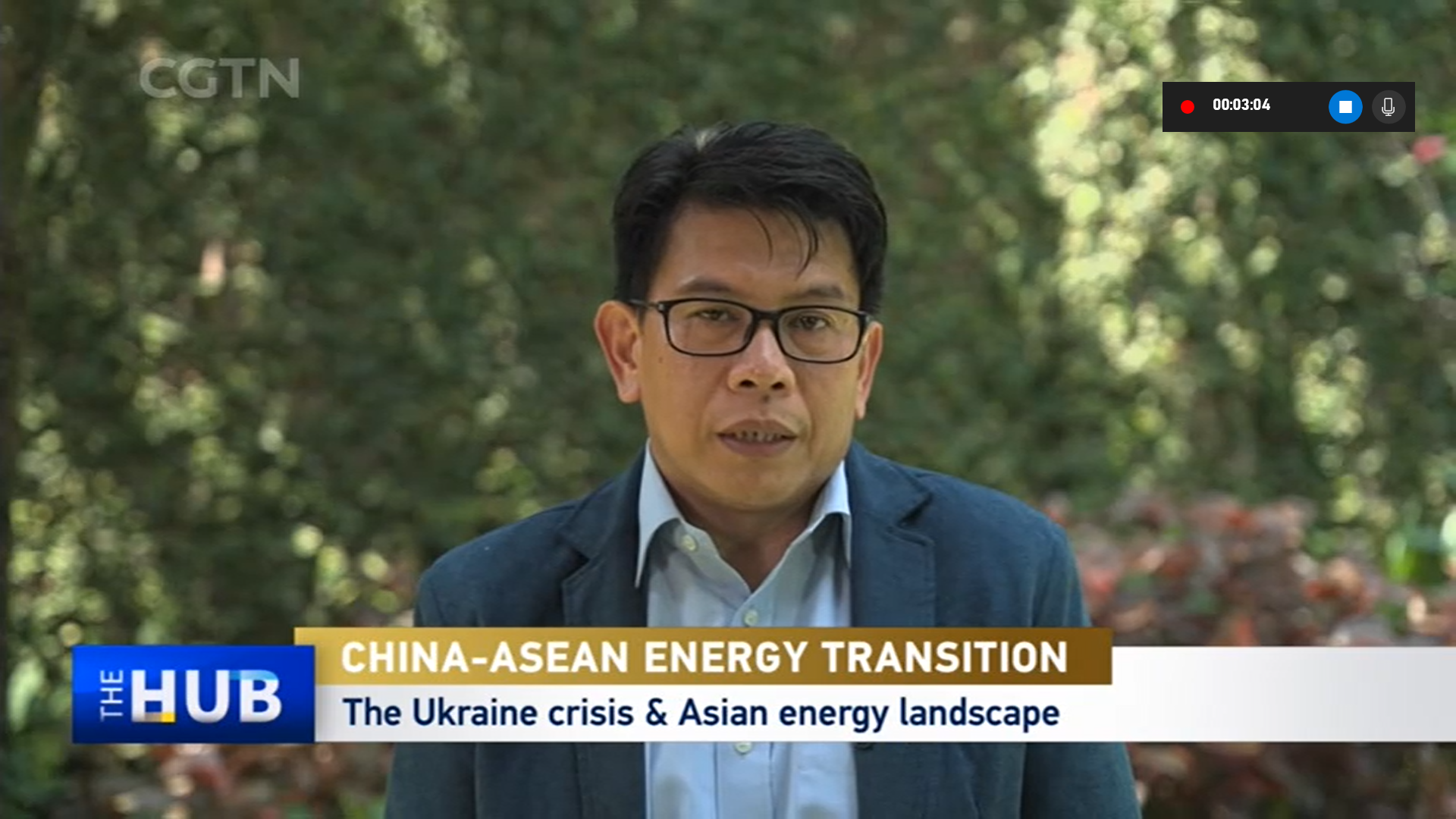Jakarta, 5 April 2022 – Russia’s invasion of Ukraine for the past month has been steering up the global reaction, especially on energy security issues. Russia is known for its oil and gas global exporter, with the invasion going on, global leaders are taking stands in giving sanctions not to buy gas from Russia. Is this good or bad? We may need a longer time to see the impact, but one thing’s for sure, Russia’s sanction has become one of the triggers for European Union Countries to accelerate their energy transition and seal emergency securities as well as reduce their reliance on fossil fuels.
Fabby Tumiwa, the Executive Director of the Institute for Essential Services Reform (IESR), said that EU action to ensure their energy security is accelerating the transition.
“EU countries try to reduce their reliance on fossil fuel by developing technology such as green hydrogen to ensure their energy security. This is such good news for the EU region yet it has a spillover effect as countries like Germany commit to supporting energy transition in emerging countries like Indonesia. The current situation may affect the speed and funding for the energy transition in emerging economy countries,” he explained.
Sufficient funding is crucial for decarbonizing the whole energy system. Enough funding means the government will be able to build modern low-carbon energy infrastructure. As most of the emerging countries lie in the Southeast Asia region, this area has become the hotspot for decarbonization. As one of the most populated regions, Southeast Asia’s energy demand is constantly growing. Ensuring the region has sufficient funding to transform its energy system into a cleaner one will be one of the determining factors of global decarbonization.
Consisting of ten countries, ASEAN has different characteristics in developing its energy transition mechanism based on the national priorities of each country. The various situations create different opportunities, one thing in common is that renewable energy sources, especially solar, are available abundantly in the region. Fabby added that soon solar energy will be a commodity just like oil and gas at the moment.
“Therefore, it is important for ASEAN to have its manufacturing facility (for solar panels). To make sure the operation of the manufacturing facilities technology transfer from the main producer is a must,” Fabby said.
Sara Jane Ahmed, Founder, Financial Futures Center Advisor, Vulnerable 20 Group of Finance Ministers, added that partnership will be the key for ASEAN countries in accelerating the energy transition.
“In this time, China can actually play a bigger role by providing funds and transferring its technology to ASEAN countries,” she said.

